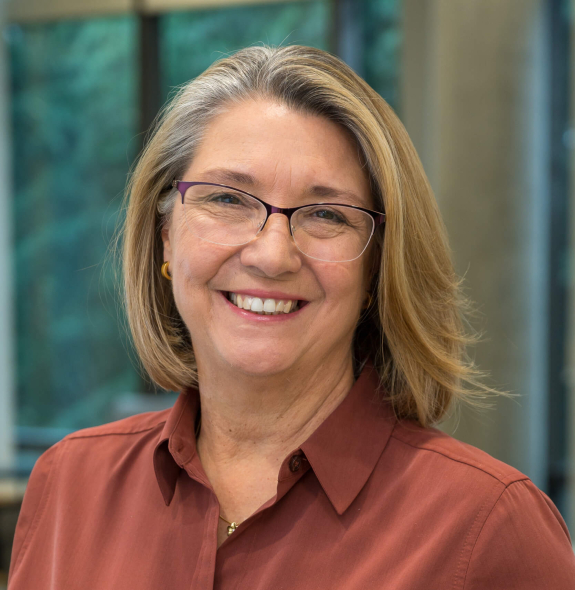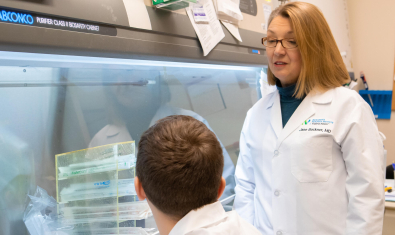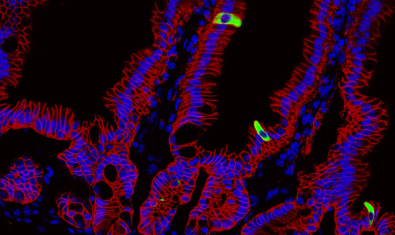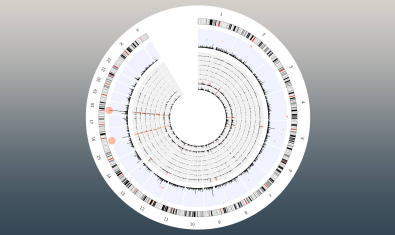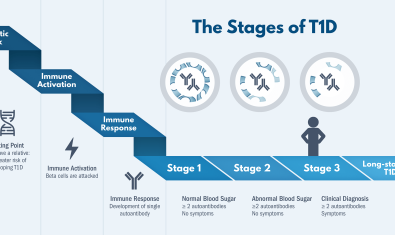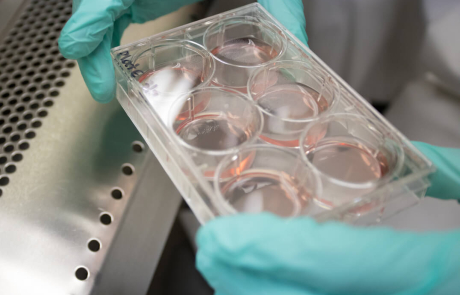What is the Healthy Control Biorepository?
BRI’s Healthy Control Biorepository is a confidential list of people with no immune system disease, who are willing to donate a blood sample and provide health information for scientific research.
People without immune system diseases play a crucial role in BRI’s research. We often compare samples from people with immune system diseases to samples from people without immune system diseases to pinpoint differences. Identifying these differences can help explain how and why immune system diseases happen and lead to new ways to treat and prevent them.
BRI is also leading the Sound Life Project, which aims to create a detailed picture of what a healthy immune system looks like. This includes understanding what changes in the immune system are a typical part of aging and which ones are related to disease.
Participating in research typically involves a 45- minute to -one- hour visit to BRI in downtown Seattle. Our team will collect a blood sample and ask questions about your personal and family medical history. All samples and information are kept confidential. Learn more: Biorepository FAQ

